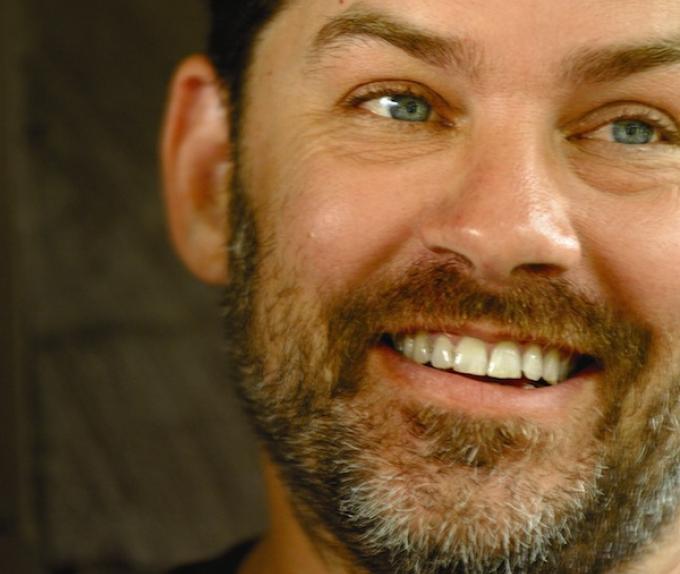By Gail Hairston
In Akash Kapur’s treatise “The Return of the Utopians,” published in the Oct. 3 issue of The New Yorker magazine, he made liberal reference to University of Kentucky Associate Professor of English Erik Reece’s new book “Utopia Drive.”
In “Utopia Drive,” Reece examined the history of a handful of America’s 19th-century utopian settlements and towns in Kentucky, Indiana, Ohio, Virginia, New York and Massachusetts, analyzing their histories to find lessons for the present.
 “One thing we can say about the seductive visionaries who led the utopian movement in America,” Reece wrote, “is that they did not lead the most self-examined lives.”
“One thing we can say about the seductive visionaries who led the utopian movement in America,” Reece wrote, “is that they did not lead the most self-examined lives.”
Kapur’s article is an examination of the more frightening aspects of these “intentional communities” as they matured and morphed in the 20th century, displaying the contradictions and hypocrisies that result from “the sordid realities of human nature” that often devolve into tyranny. Kapur offers as examples the tragic histories of Adolf Hitler’s Germany, the Soviet’s Gulag, Pol Pot’s Cambodia and other 20th century nations and communities. Although he states “… utopia’s name has become so tarnished that it has recently been used almost interchangeably with its evil twin, dystopia …” he believes the tide may be turning, as exemplified in the writings of Reece and Chris Jennings’s historical account “Paradise Now: The Story of American Utopianism.”
“Reece has a sharp eye for the contradictions of communities that condemn the capitalist economy but are sustained by vibrant commercial enterprises. The founders of these communities — a colorful cast of prophets, dreamers and narcissists — preach against private property and possessions as they jealously guard their own,” wrote Kapur. He adds that the UK author “… ends his travels convinced that things will only get worse if we don’t engage in some serious utopian thinking.”
Reece is the author of “An American Gospel: On Family, History and the Kingdom of God” and “Lost Mountain: A Year in the Vanishing Wilderness,” which won Columbia University's John. B. Oakes Award for Distinguished Environmental Journalism and the Sierra Club's David R. Brower Award for Environmental Excellence.
His work has appeared in Harper's, Orion, Oxford American, The New York Times and elsewhere. He is a contributing editor at Orion magazine and is currently at work on a book-length argument for the preservation of UK's Robinson Forest, called “The Embattled Wilderness.” He has been teaching writing at UK since 1997.
UK is the University for Kentucky. At UK, we are educating more students, treating more patients with complex illnesses and conducting more research and service than at any time in our 150-year history. To read more about the UK story and how you can support continued investment in your university and the Commonwealth, go to: uky.edu/uk4ky. #uk4ky #seeblue
